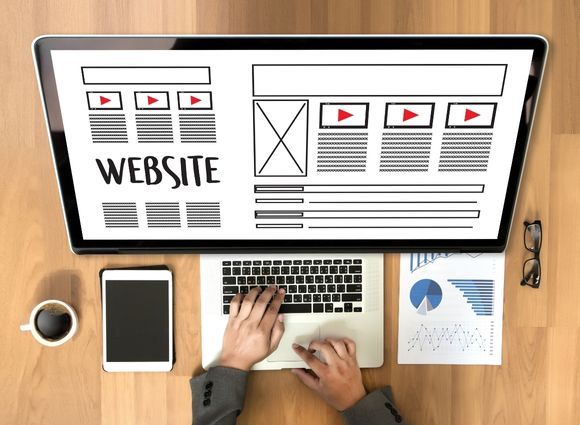
Operating a Website: What’s Tax Deductible?
Even though pretty much every business has a website, the costs of developing and managing a website aren’t specifically addressed in the tax code. But since those costs are business expenses, we can use those rules to determine what’s deductible.
First Rule of Business Expense Deductions
In order to be deducted on your business’ tax return, an expense must be both ordinary and necessary. “Ordinary” means the expense is typical for your industry. “Necessary” means the expense is helpful and appropriate for your type of business, but it doesn’t have to be indispensable to be considered necessary.
Some types of business expenses can be deducted in the year in which the expense was incurred, but others must be capitalized and deducted over a period of years. The types of expenses that generally must be capitalized include business startup costs (with certain exceptions discussed below), business assets, and improvements.
With those rules in mind, let’s look at the tax treatment of website costs.
Special Rule for Business Startup Costs
As mentioned above, when you create a website as part of the startup of your business, the development expense would normally need to be capitalized, but there’s an exception. You can elect to deduct up to $5,000 of business startup costs in the year your business begins. This $5,000 deduction is reduced once your total startup costs exceed $50,000, and any remaining costs need to be amortized.
Hardware Expenses
Hardware needed for your website that’s placed in service before 2023 is considered depreciable equipment and fully deductible in the first year it’s placed in service under the bonus depreciation rules. But those rules will be phased out beginning in 2023. Beginning in 2023 you can probably still deduct 100% of website hardware expenses under Section 179 as long as they don’t exceed the applicable limit – in 2022, the maximum Section 179 deduction is $1.08 million and phased out beginning at $2.7 million.
Your Section 179 deduction is also limited by the amount of your business taxable income for the year (i.e., the deduction can’t create or increase a tax loss). But any Section 179 deductions not taken immediately can be carried forward to future years and deducted at that time to the extent of applicable limits.
Software Expenses
If you purchase website software off the shelf, the deduction rules are generally the same as for hardware expenses. However, software license fees are treated differently from the cost to purchase software, with payments for leased or licensed software deductible as ordinary and necessary business expenses.
If your website was designed in-house, those expenses can generally be amortized over the 5 year period beginning with the midpoint of the tax year in which the expenditures are paid or incurred.
If your website is used primarily for advertising, you can deduct internal website software development as ordinary and necessary business expenses.
Third-Party Payments
If you pay someone to set up and run your website, those payments are generally treated as ordinary and necessary business expenses and can be deducted in the current year.
Questions?
Contact us if you have questions about your company’s situation.



